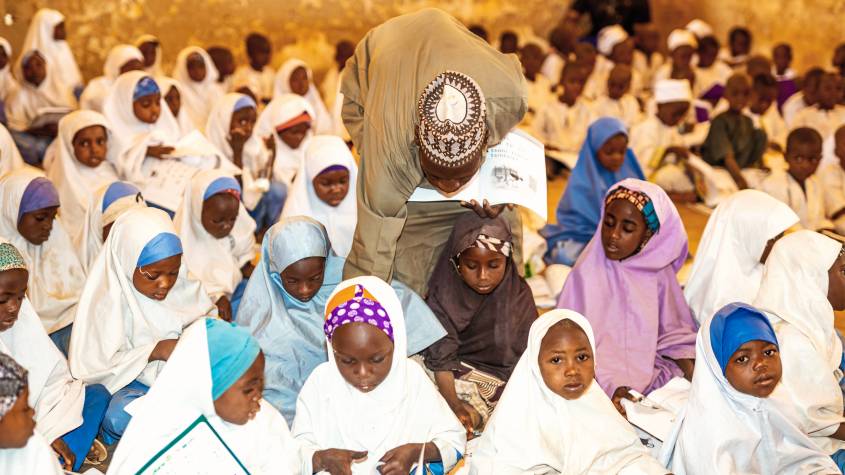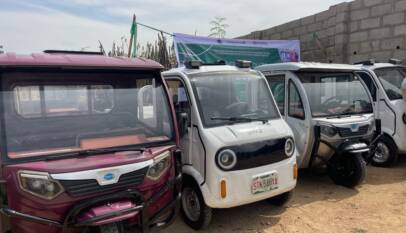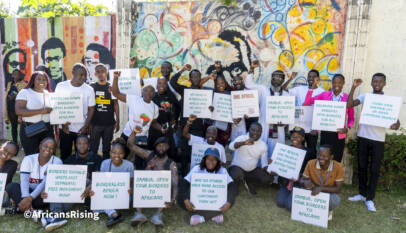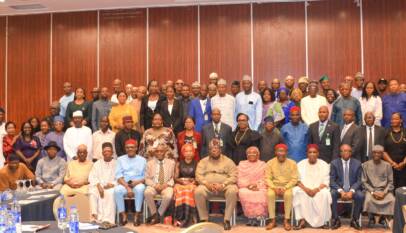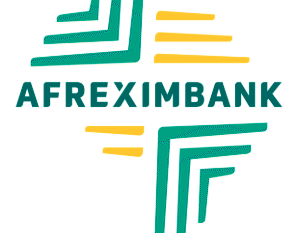How PLANE’s Inclusive Education Approach is Tackling Nigeria’s Out-of-School Children Crisis
Nigeria’s education system is under severe strain, especially in the north. To address this, the United Kingdom-funded Partnership for Learning for All in Nigeria (PLANE) programme is working with government partners to provide every child with access to inclusive, quality education.
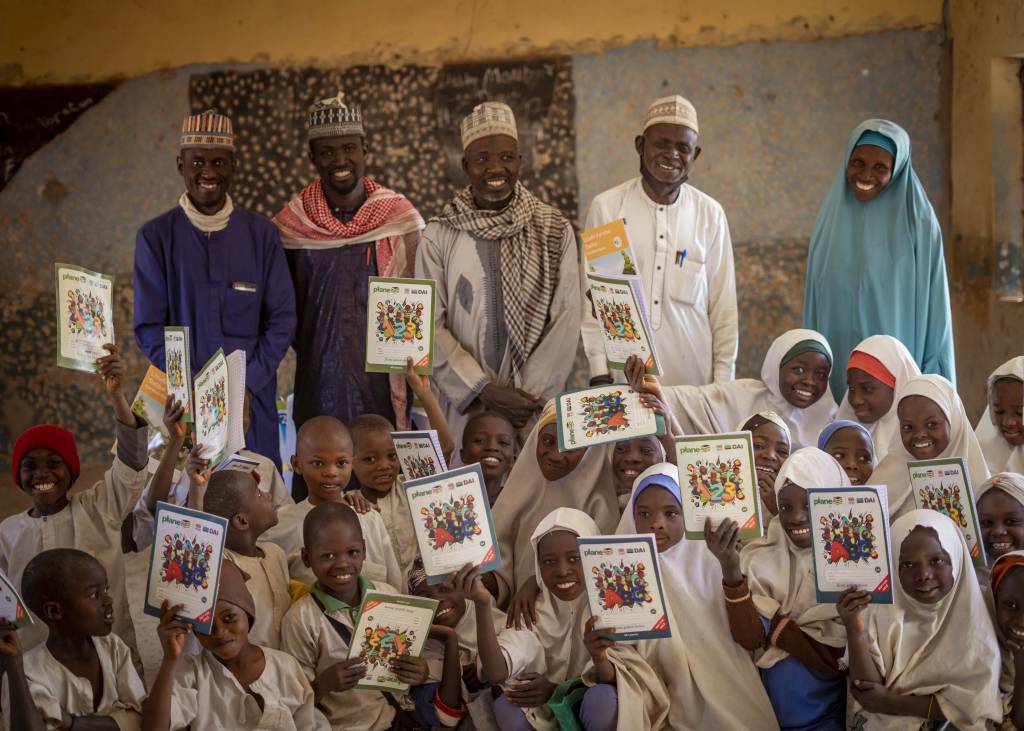
Nigeria’s education system is buckling under immense pressure, with the Northern region carrying the heaviest burden. In light of this, the Partnership for Learning for All in Nigeria (PLANE)—a 9-year UK Foreign, Commonwealth and Development Office (FCDO) funded programme — is ensuring every Nigerian child, regardless of background, has access to inclusive, quality education.
According to UNESCO, Nigeria is home to about 20 million out-of-school children, the majority in the Northern region. In states like Kano, Katsina, Sokoto, Zamfara, and Kebbi, more than 30% of school-age children are not enrolled in formal schools. Many others attend under-resourced Quranic schools that lack literacy and numeracy training. Girls are disproportionately affected, for instance, only 47% of girls in the North East and North West are enrolled in primary school.
Against this backdrop, PLANE is reimagining education access in northern Nigeria. By working with the government to reclassify children in Quranic and Arabic schools as learners, integrating literacy and numeracy into religious and non-formal settings, and strengthening governance and teacher training, the programme is ensuring more children—particularly girls, nomadic learners, and vulnerable groups—are reached with inclusive education opportunities.
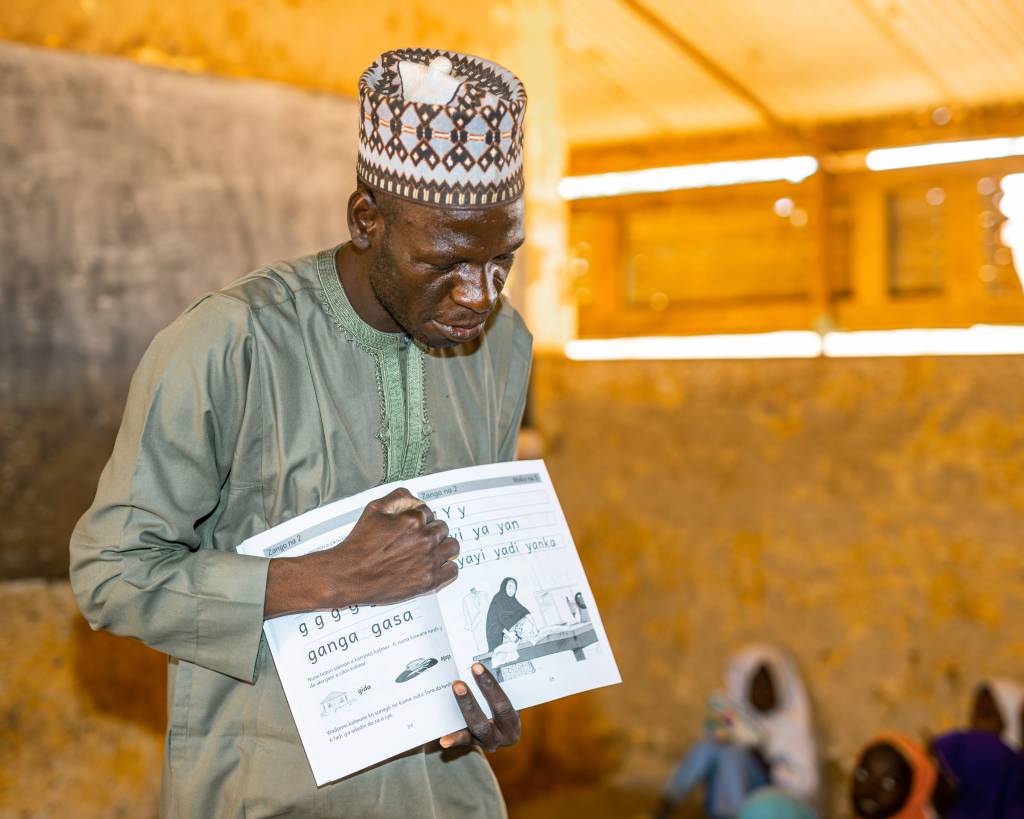
Strengthening Teaching, Learning, and Leadership
PLANE is responding to alarming gaps in teacher competence, lack of resources, and weak school leadership, and these gaps have shaped the programme’s interventions. To tackle these challenges, the programme has:
- Provided professional training for close to 12,000 teachers, equipping them with modern pedagogy and boosting their confidence.
- Supported schools with leadership training and access to literacy and numeracy resources that were previously unavailable.
- Distributed over 1.2 million Hausa literacy and numeracy materials, in line with Nigeria’s National Language Policy, ensuring children from Primary 1–6 in Kano, Jigawa, and Kaduna can learn in their mother tongue before transitioning to English.
- Established over 230 community learning hubs across three states, offering in-school children additional support outside classrooms and attracting a lot of out-of-school children, some of whom have now been mainstreamed into conventional schools through community support.
“Learning outcomes have started to change. “By assessing pupils in Primary 2 and 3, we now see steady improvements in Hausa literacy and numeracy year after year. This shows that with a whole-school approach, proper financing, and consistent support, Nigeria’s education system can achieve lasting transformation,” Dr. Gboyega Ilusanya, National Team Lead (NTL) for PLANE, told African Newspage.
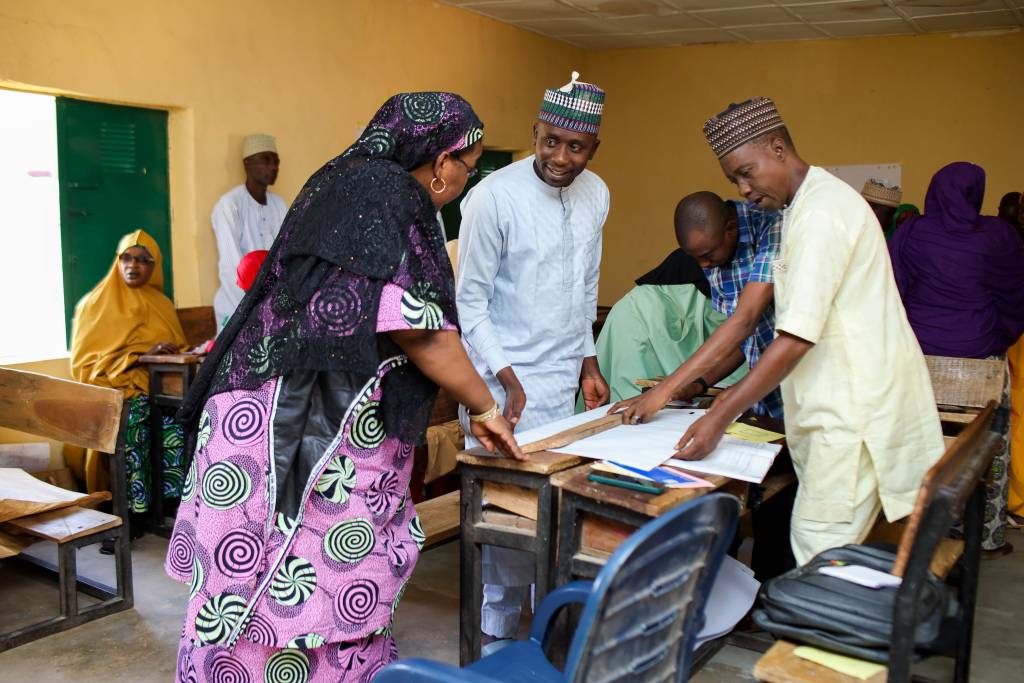
Strengthening Teaching, Learning & School Systems
Dr. Ilusanya highlighted the critical gaps undermining learning outcomes in Nigeria—particularly poor teacher competence, lack of learning materials, and weak school leadership adding that these alarming findings shaped PLANE’s interventions, which directly target capacity building for teachers and strengthened school systems.
The PLANE National Team Lead says in recognition of the importance of language in learning, PLANE also invested in literacy and numeracy resources in Hausa, in line with Nigeria’s National Language Policy. As a result, he said, for the first time in many years, children from Primary 1 to Primary 6 in Kano, Jigawa, and Kaduna states now have access to learning materials in their mother tongue, which not only strengthens early literacy but also smooths the transition to English as pupils progress through school.
“When PLANE came on board, one of the things we realized was that we could support the implementation of the language policy. So, we started producing literacy and numeracy learning materials from Primary 1 to Primary 6 in Hausa. We also produced policy reform documents because to move forward, you need to have policies that guide implementation. In addition, we have established 129 community learning hubs across three states, which help children strengthen their learning outside the classroom,” Dr. Ilusanya explained.
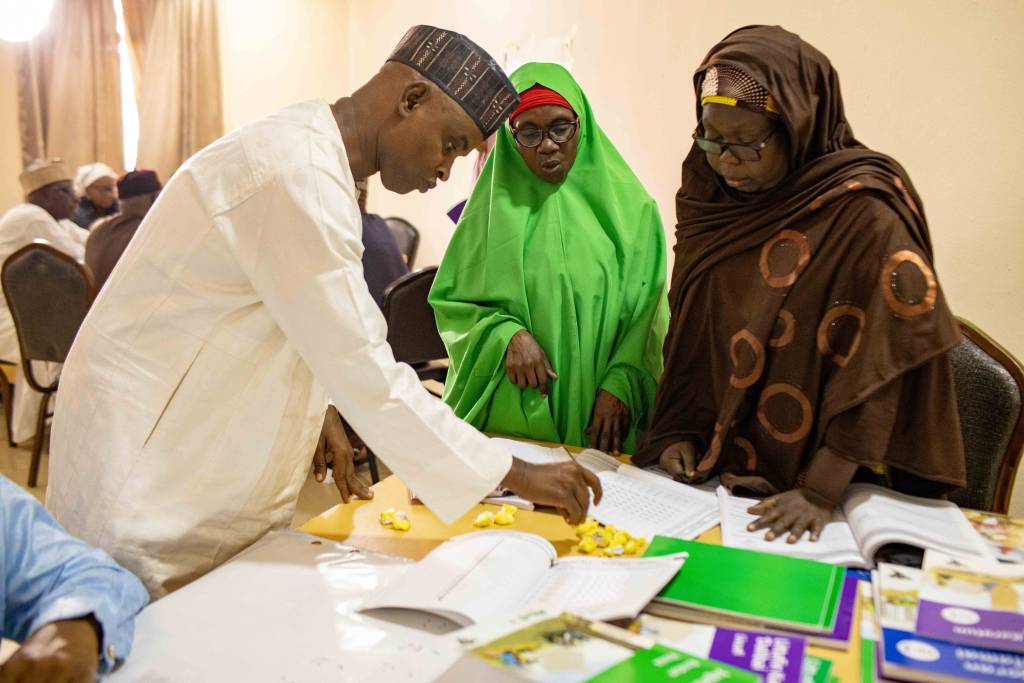
Enhancing Education Governance, Teacher Support Systems
PLANE has been partnering with the government in strengthening education governance across its focal states by improving how schools are planned, managed, and held accountable. According to Dr. Ilusanya, one of the programme’s key interventions has been supporting states to develop sector strategies and annual operational plans that feed directly into the budgeting process, which ensures educational activities are not only planned but also properly funded and executed, enabling states to identify priorities, allocate resources more efficiently, and deliver education services more effectively.
Another critical area of intervention has been in providing technical assistance in policy development for teacher recruitment and deployment. Historically, recruitment practices left rural schools under-resourced while urban centres were overstaffed. To address this, PLANE has worked with governments to advocate for localized recruitment policies, ensuring that vacancies are filled by teachers residing within the same communities, which reduces absenteeism and ensures rural children are not left behind.
Beyond recruitment, Dr. Ilusanya said training alone is insufficient without mechanisms to help teachers apply new knowledge in the classroom. To bridge this gap, PLANE supported state governments to recruit and train School Support Officers (SSOs) who provide continuous mentorship and collect evidence on teaching practices. In addition, states are being supported to build stronger quality assurance systems, allowing them to be regularly assessed, ranked, and guided toward continuous improvement.
“Regarding teacher recruitment, we can’t employ teachers, but we can help strengthen the systems for recruitment, employment, promotion, and reward of teachers—so that those recruited can truly support the learning improvements we expect. On the other hand, training and retraining are equally important. We support states to ensure that teachers receive ongoing mentorship through School Support Officers who work directly with them in the classrooms,” Dr Ilusanya said.
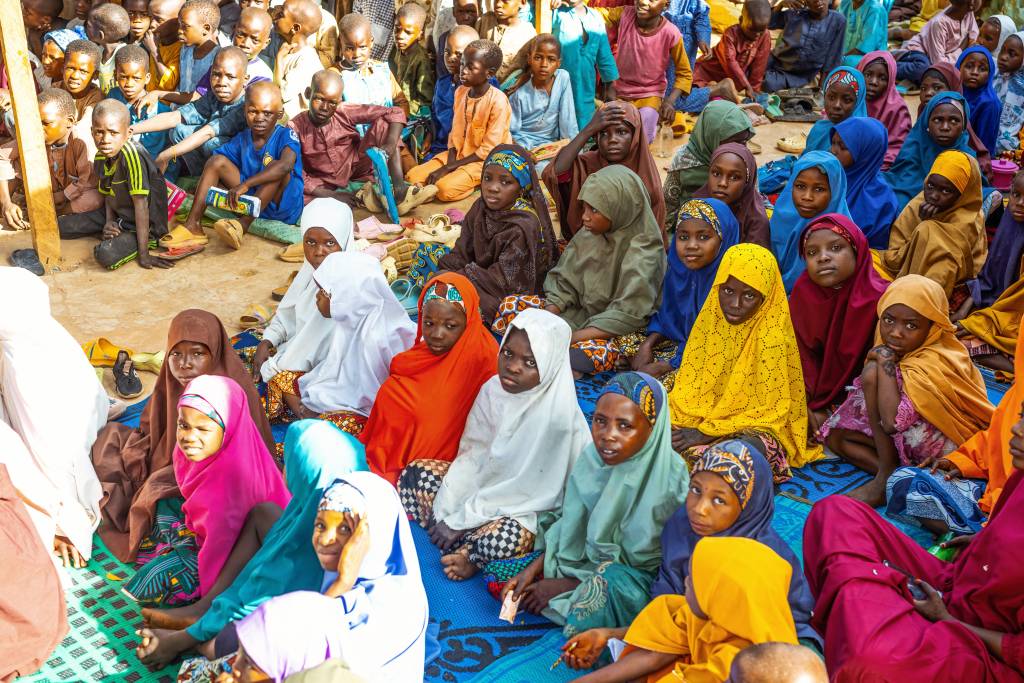
Supporting Non-State Education
Non-state education provided by faith-based organisations, community groups, and private institutions plays a critical role in bridging Nigeria’s educational gaps, especially in the North. Statistics show that nearly one in four Nigerian children attends a non-state school. In Kano and Kaduna, for example, private, Quranic, and Arabic schools are widespread and complement government efforts to expand access to learning.
Dr. Ilusanya acknowledged that while these schools are essential, they face challenges such as weak regulation, limited financing, and insufficient teacher development. Hence, PLANE is working with government partners to guarantee support for non-state schools. A key step in this direction has been the recognition and reclassification of children attending Quranic and Arabic schools, previously excluded from official data, creating the impression that they were not enrolled in any form of education.
“Recently, the National Commission of Almajiri and Out-of-School Children did a mapping exercise across the country; we are aiming to support the states to develop a response plan to bring the children that have been identified back to school. The goal is to reduce Nigeria’s out-of-school population, remove the country from the list of nations with the second-highest figures globally, and ensure non-state schools contribute meaningfully.
“That is why PLANE supported the development of the National Policy on Non-State Schools and domestication of the policy by state governments, which provides a framework to help these schools to deliver quality education and improve partnership of the non-state schools with the government,” Dr Ilusanya further explained.
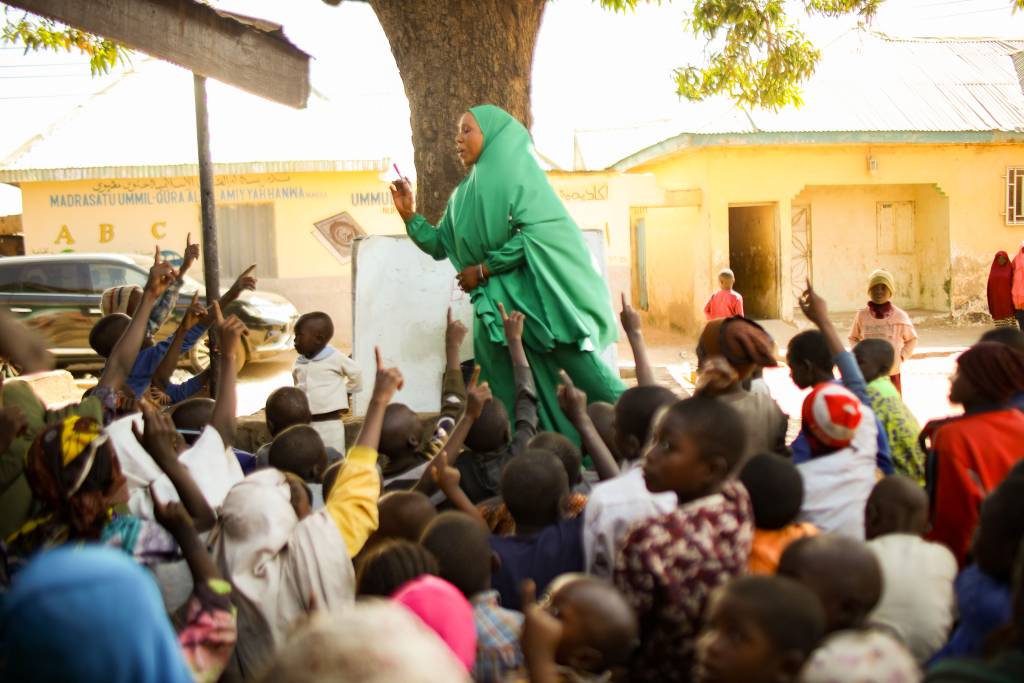
PLANE’s Multi-Level Approach to Education Reform
Thanks to its wide-reaching interventions, PLANE has significantly strengthened foundational learning in 2,562 schools across Northern Nigeria. Among others, it has:
- Provided school leadership and management training for 16,517 headteachers and School-Based Management Committees (SBMCs).
- Equipped 11,959 teachers with 21st-century pedagogy, subject content knowledge, and positive behaviour training.
- Distributed 1.2 million Hausa literacy and mathematics materials, ensuring pupils have access to contextually relevant resources.
- Influenced 15 policy reforms and supported the passage of four education laws to strengthen state delivery systems.
- Established 231 community learning hubs across three states as alternative spaces for literacy support.
- Developed 26 evidence-based products to strengthen data-driven decision-making.
- Supported 2,504 schools to implement safeguarding action plans, ensuring safer learning environments for children.
PLANE has the potential to reach up to eight million children by the end of the programme in 2028. It aims to directly enhance teaching and learning for 1.5 million children and provide education-in-emergencies interventions for 600,000 more.
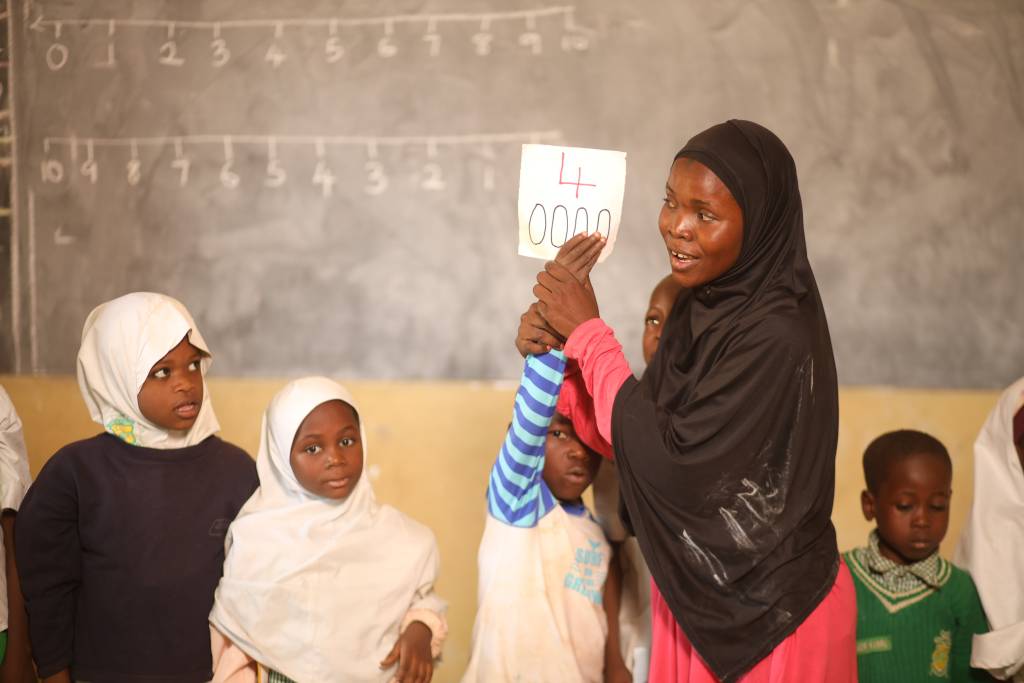
Building Sustainable Education Systems
PLANE’s Deputy NTL Sam Achimugu says the programme’s strategy is anchored on supporting government systems to improve service delivery; strengthening non-state education providers; as well as advancing communication and data use. Beyond this, PLANE provides direct classroom support, which includes teacher training, distribution of materials, and enhanced school-level support in over 2,500 schools across Kano, Jigawa, and Kaduna States, targeting pupils in Primary 1–4, with expansion to Primary 5–6 underway.
Achimugu emphasises that while classroom learning improvements are central, the broader goal is to build resilient government systems capable of sustaining quality education delivery independently. He adds that PLANE is also implemented by partners such as UNICEF and Save the Children in the areas of education in emergencies and community-led learning. At the federal level, PLANE contributes to national education strategies while tailoring its interventions to regional realities: faith-based education in the North and low-cost private schools in the South.
“Looking at education as a whole, there are challenges and merits. We must acknowledge the challenges, but government, stakeholders, and partners are all making efforts to strengthen the system. Beyond out-of-school children, there are also resource gaps that must be filled. This is something we must solve collectively,” Achimugu told African Newspage.
Ultimately, PLANE’s work reflects a broader vision for Nigeria’s education system—one that moves beyond short-term fixes to build resilient structures for lasting impact. By improving foundational skills, strengthening governance, and ensuring inclusion for marginalised groups, the programme is transforming classrooms today while laying the groundwork for a more equitable and inclusive future.

